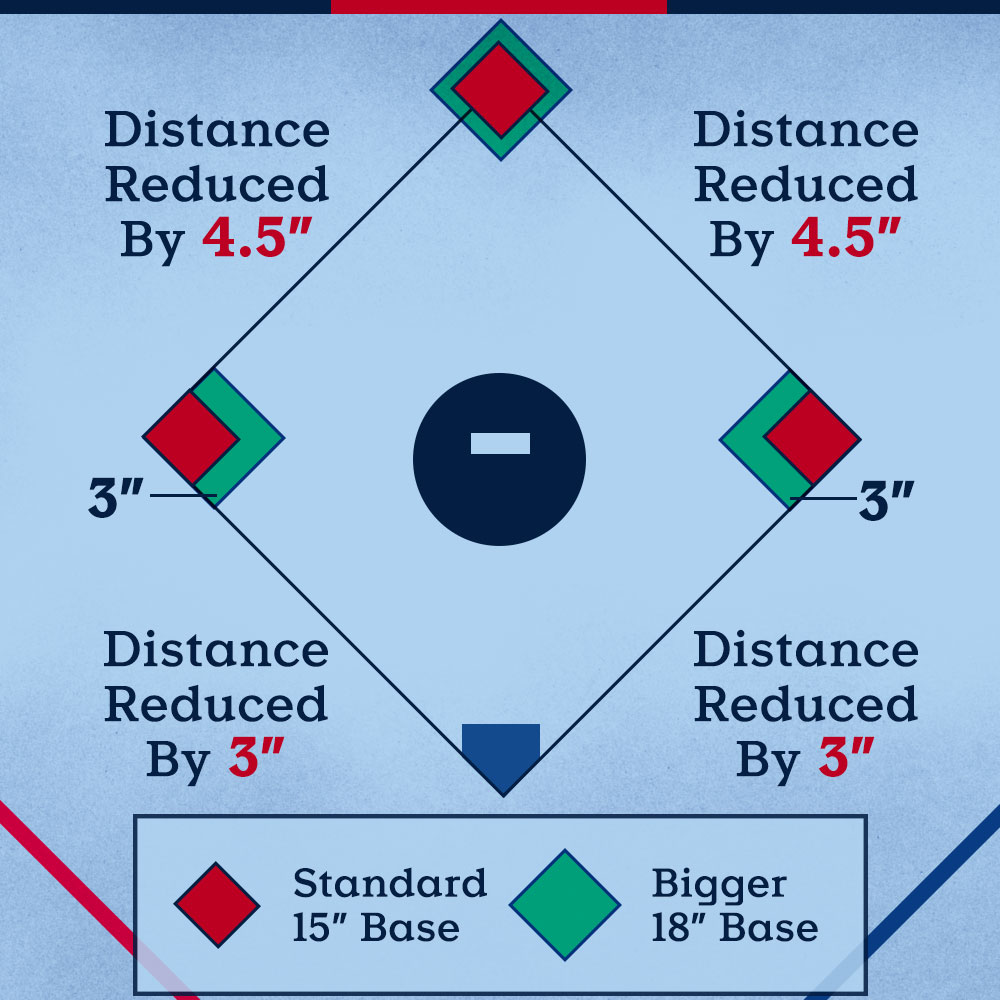
Baseball Umpiring Basics: Understanding Calls and Decisions
Baseball Umpiring Basics: Understanding Calls and Decisions
Baseball umpiring can be a challenging but rewarding task. It requires a thorough understanding of the rules and regulations as well as the ability to make quick and accurate decisions. Umpires are responsible for making sure the game is played fairly and in accordance with the rules. Knowing the basics of umpiring will help you become a top-notch umpire.
Umpire Calls
Umpire calls are the most important part of baseball umpiring. Umpires must be able to recognize potential violations of the rules and make quick and accurate calls. Umpires must be able to identify foul balls and home runs, as well as potential illegal pitches. Umpires must also be able to recognize when a runner has tagged a base or crossed home plate and make the appropriate call.
Umpire Signals
Umpires use a variety of hand signals to make their calls. For example, a fist pump signals a home run, a strike is signaled with an open hand, and a ball is signaled with a closed fist. Umpires must also be able to signal other calls such as fair and foul balls, base runners, and other infractions.
Umpire Rules
Umpires must be knowledgeable of the rules of the game. Umpires must know the rules for fair and foul balls, base runners, and illegal pitches. Umpires must also be aware of the rules for interference, such as when a player obstructs the view of another player or when two players collide while running the bases. Knowing the rules helps umpires make the correct call.
How to Become a Baseball Umpire
Becoming a baseball umpire requires training and certification. Most states and local leagues require umpires to be certified. Umpires must attend classes and pass an exam to become certified. Umpires must also have good knowledge of the game and the rules.
Baseball Umpire Training
Umpire training is important for those who want to become a baseball umpire. Umpire training covers a variety of topics, such as the rules of the game, hand signals, and basic umpiring techniques. Umpire training is often available through local leagues or organizations.
Umpire Positions
Umpires are typically positioned near home plate and the bases. Umpires must be positioned in a way that allows them to make accurate calls and be close enough to the players to observe potential violations of the rules. Umpires must also be aware of their surroundings when positioning themselves.
FAQs
What do baseball umpires do?
Baseball umpires are responsible for enforcing the rules of the game and making calls. Umpires must be able to recognize potential violations of the rules, make quick and accurate calls, and signal hand signals.
What are common umpire calls in baseball?
Common umpire calls include foul balls, home runs, illegal pitches, and base runners. Umpires must also be able to identify when a player is obstructing the view of another player or when two players collide while running the bases.
What equipment do baseball umpires use?
Baseball umpires typically use protective gear such as helmets, shin guards, and chest protectors. They may also carry a tool bag containing tools such as a brush and dustpan, a ball counter, and a rule book.
What is youth baseball umpiring basics?
Youth baseball umpiring basics involve learning the rules of the game, understanding hand signals, and understanding the basic techniques of umpiring. Umpires must be knowledgeable of the rules and regulations of the game and be able to make quick and accurate decisions. Umpires must also be able to signal hand signals to make their calls.





